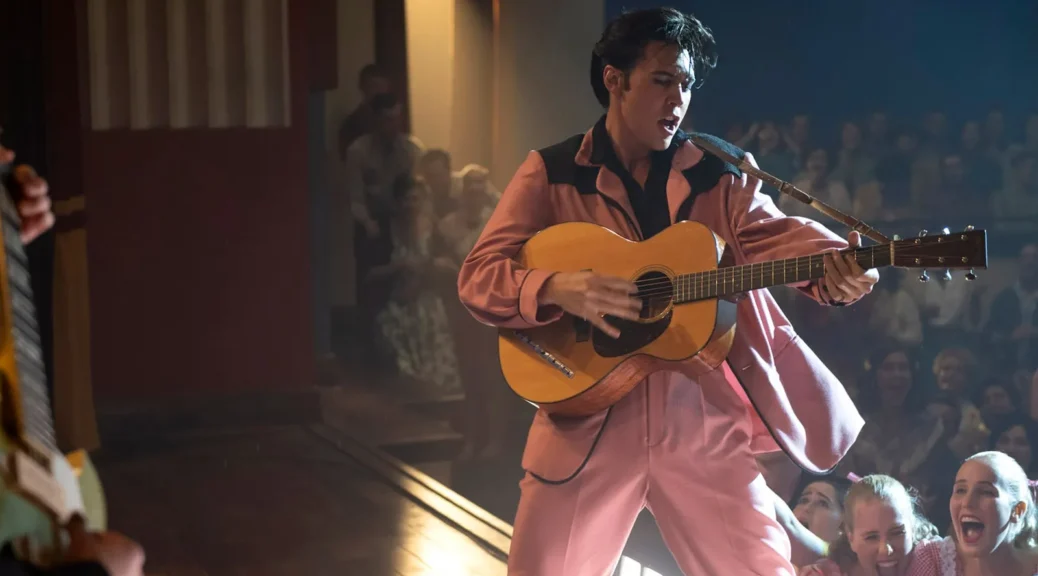Mufasa: The Lion King
by Hope Madden
It was hard not to be a little worried about Mufasa: The Lion King. Or maybe it was hard not to be worried about Barry Jenkins. Too few of our genuinely brilliant independent film directors come away from Giant Studio Efforts unscathed. (Quick callback to last week’s JD Chandor debacle, Kraven the Hunter.)
Surely there are some auteurs who are able to leave their unique thumbprints on Disney films. No one comes to mind except Rian Johnson, and man, people really universally loved The Last Jedi, didn’t they?
Well, Mufasa is far from the flaming disaster of Kraven, thank goodness. And it’s not nearly as polarizingly renegade as Jedi.
Safe. That’s what it is.
It’s also very pretty, if equally needless. The film delivers the origin story of Simba’s father Mufasa, providing—as origin stories so often do—a glimpse into the early development of other beloved and not-so-beloved characters. Young Mufasa (Braelyn Rankins) is separated from his parents and his pride by a great flood. Washed far from home, he’s saved by a bratty little cub called Taka (Theo Somolu). While Taka’s father, the king, will never accept this outsider, Taka’s mother (Thandiwe Newton) takes him in.
As Simba and Taka (voiced as older lions by Aaron Pierre and Kelvin Harrison Jr., respectively) flee a marauding pride led by the villainous Kiros (Mads Mikkelsen, gloriously and effortlessly villainous), they find out what kind of lions they really are.
And here for a while we get a bit of something refreshing. Mufasa’s worthiness to rule is grounded in skills learned from hunting with the females in the pride. And some of these transcend hunting skills: he listens, he’s humble, he’s honest.
The CG animation is mainly very impressive and there are camera movements and choices that feel like new ideas in an old tradition. But tradition wins out, not just in the look but in the storytelling. (Outsiders are bad. It takes a king to lead. Women support the men who make things happen. Lions don’t eat meat?)
The core story is often interrupted by a framing device of an elderly Rafiki (John Kani) telling the story of Mufasa. These breaks are meant to be funny, and sometimes they do generate a chuckle, but they feel more like well-timed bathroom breaks for when the film hits Disney+.
But it’s not bad. Your kids might like it. They won’t likely remember it, but they won’t hate it. It’s perfectly safe.










